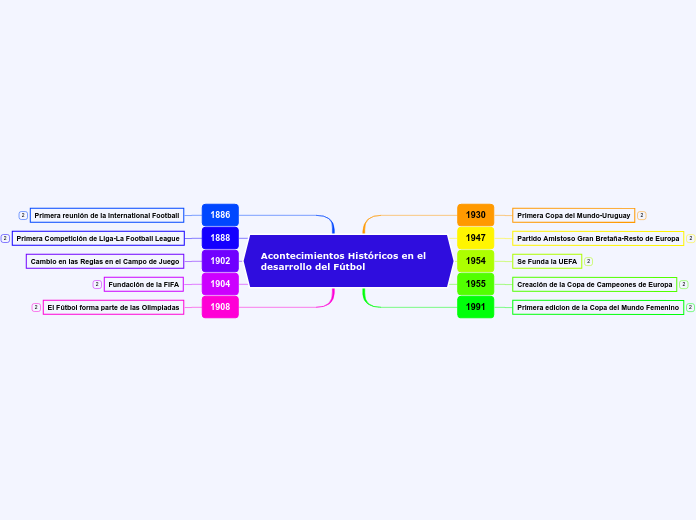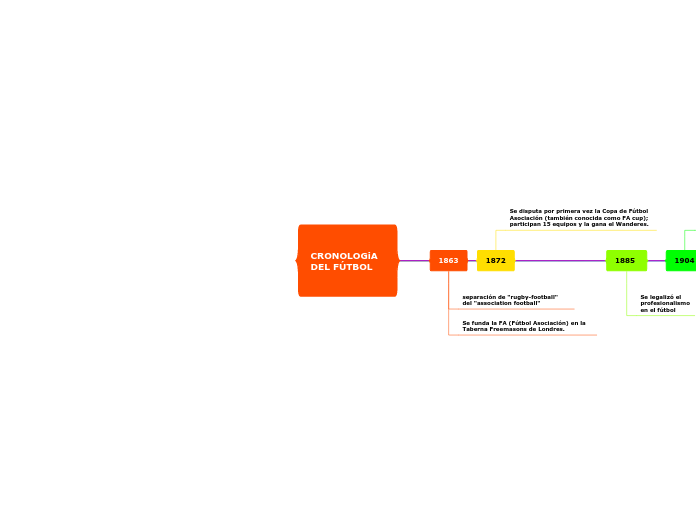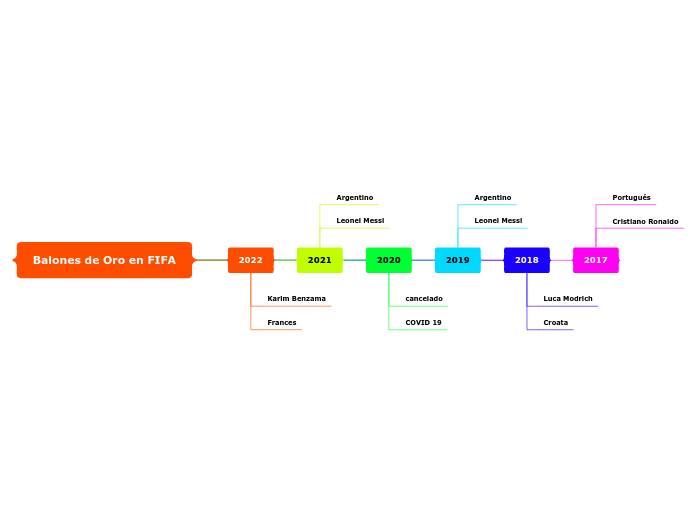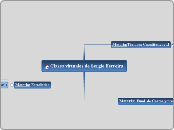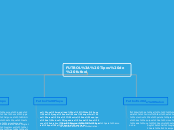Acontecimientos Históricos en el desarrollo del Fútbol
The part of speech is a category to which a word is assigned according to its syntactic functions. In English the main parts of speech are noun, pronoun, adjective, determiner, verb, adverb, preposition, conjunction, and interjection.
1908
A conjunction is a word like 'if' 'but' or 'and' which is used to connect sentences or clauses together.
El Fútbol forma parte de las Olimpiadas
Subordinating conjunctions are conjunctions that are used at the beginning of subordinate clauses. Some examples of these conjunctions are: although, after, before, because, how, if, once, since, so that, until, unless, when etc.
Although it was raining, I went out.
1904
A preposition is one of the most exciting parts of grammar. A preposition is used to describe the location of something in relation to something else.
Fundación de la FIFA
A group of words used with the force of a single preposition is called phrase preposition.
according to, by means of, owing to, with a view to, in place of, in front of, etc.
1902
An interjection is used to express emotion in a sentence.
Think of other interjections!
Cambio en las Reglas en el Campo de Juego
1888
An adverb is used to describe a verb, but it can also describe an adjective or another adverb.
Adverbs normally help paint a fuller picture by describing how something happens.
Primera Competición de Liga-La Football League
Especially, Specifically, Merely, Either
1886
A numeral is a word or phrase that describes a numerical quantity.
Some theories of grammar use the word 'numeral' to refer to cardinal numbers that act as a determiner to specify the quantity of a noun, for example the 'two' in 'two hats'.
Primera reunión de la International Football
One, two..
1991
An article is a word used to modify a noun, which is a person, place, object, or idea. Technically, an article is an adjective, which is any word that modifies a noun.
Primera edicion de la Copa del Mundo Femenino
Indefinite articles are the words 'a' and 'an.' Each of these articles is used to refer to a noun, but the noun being referred to is not a specific person, place, object, or idea. It can be any noun from a group of nouns.
A car in the parking lot.
1955
A pronoun is a word that can be used in place of a noun, typically after the noun itself has already been stated.
Creación de la Copa de Campeones de Europa
Unlike demonstrative pronouns, which point out specific items, indefinite pronouns are used for non-specific things. This is the largest group of pronouns. All, some, any, several, anyone, nobody, each, both, few, either, none, one, and no one are the most common.
None, Several
1954
An adjective is a word that's used to describe a specific noun and to provide more detail to the listener.
Se Funda la UEFA
Expresses a comparison between two entities or groups of entities in quality or degree.
He is taller than she is.
1947
A noun is defined as a person, place, thing or idea. Proper nouns always begin with a capital letter. Common nouns, which are general words, such as 'cars,' are not capitalized.
Partido Amistoso Gran Bretaña-Resto de Europa
Compound nouns are words where two nouns have been stuck together to make a new noun. Compound nouns should be written as one word, without a hyphen.
Candlestick
1930
A verb is an action word or 'doing' word that signifies movement in some way.
Primera Copa del Mundo-Uruguay
An auxiliary verb helps the main (full) verb and is also called a 'helping verb.' With auxiliary verbs, you can write sentences in different tenses, moods, or voices.
Create sentences
You have been practicing hard.
